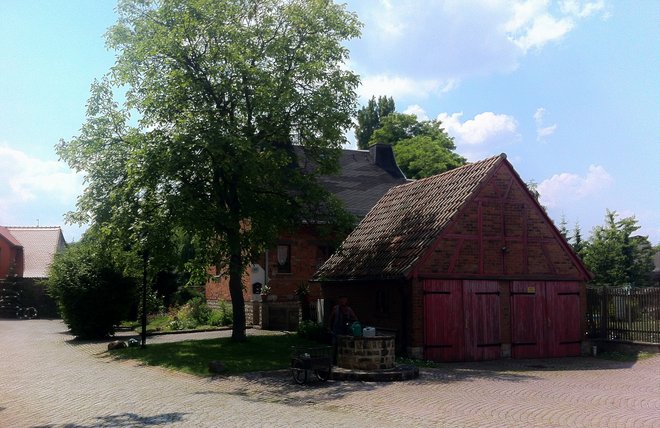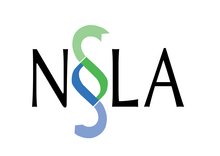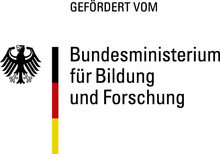



"Reorganisation of rural sewage disposal (NoLA)"
Project Funding:
German Federal Ministry of Education and Research (BMBF)
Project duration:
06/2016 - 05/2018
Project Leadership:
Univ.- Prof. Dr.- Ing. Jörg Londong
Project members:
Kirsten Maier, M.Sc.
Dipl.- Ing. Stefan Menges
Mario Wolf, B.Sc.
Participating institutions:
Wastewater treatment association Nordkreis Weimar (ANW)
Background and research issue:
The comprehensive supply of public services in rural areas is becoming increasingly difficult. Particularly the ongoing demographic change creates various challenges for the planning of network-bound infrastructures, such as wastewater systems. By implementing New Alternative Sanitation Systems (NASS), rural municipalities can be enabled to improve their situation consistently, since NASS offer a high technical flexibility and an efficient use of resources.
Within the project „TWIST ++ (Intelligent transition approaches for water infrastructure systems in urban and rural areas)“, wastewater concepts were developed for two villages (Wohlsborn and Rohrbach). Founded by the German Federal Ministry of Education and Research (BMBF) the project started in 2013 and was completed in 2016.
While designing the concepts, the focus was placed on the principle of material flow separation and the use of resources as well as on the idea of an integrated planning approach of infrastructure. Due to the high economic meaning of the agricultural sector in the case study area, the needs of agricultural co-operations were further considered.
Objective and approach:
Preparing the implementation of the results in the case study area, the Chair of Urban Water Management and Sanitation and the Chair of Construction and Economics of the Bauhaus-Universität Weimar are now supporting the Wastewater treatment union Nordkreis Weimar (ANW) in the execution of the new research project „NoLA“. The main objective is to identify factors impeding the implementation of NASS and to recommend appropriate actions to overcome these constraints.
Specific tasks are:
- Development of organisational and financing models for the implementation of NASS in rural areas
- Suggestions for revisions of sub-legal regulations and statues
- Identification of occurring risks and consequence
- Application of the results to similar cases in Germany
- Provision of templates (statues, authorisations etc.)
With its interdisciplinary approach, this project makes a significant contribution towards application- and realisation- orientated research. Its high innovation potential makes it a pioneering project for guaranteeing infrastructure in rural areas.
NoLA is a compartment of the candidate of the International Building Exhibition (IBA) in Thuringia. Until the year 2023 innovative ideas on the themes of energy transition and demographic change will be realised by IBA.
Project results
The conducted analysis revealed a strong interest of various stakeholder from different backgrounds, who would like to take part in the resource-oriented sanitation system. However, legal concerns were stated as the crucial obstacle hampering their participation. The absence amongst different professional fields as well as various sectors of the civil society creates additional challenges. Further, resource-oriented systems require situation-adapted solutions.
In order to ensure the transfer of the gained knowledge into practice several guides were created:
· Evaluation guide for the selection of a suitable organisational model [pdf1]
· Recommendation for the application of constellation analysis [pdf2]
· Formulation aid for statutes for installations on private properties [pdf3]
Public relations
As part of the project, a movie and a brochure were created. The brochure can be downloaded here [pdf4]. The movie can be found on the homepage of the “Kommunen Innovativ”: https://kommunen-innovativ.de/nola
